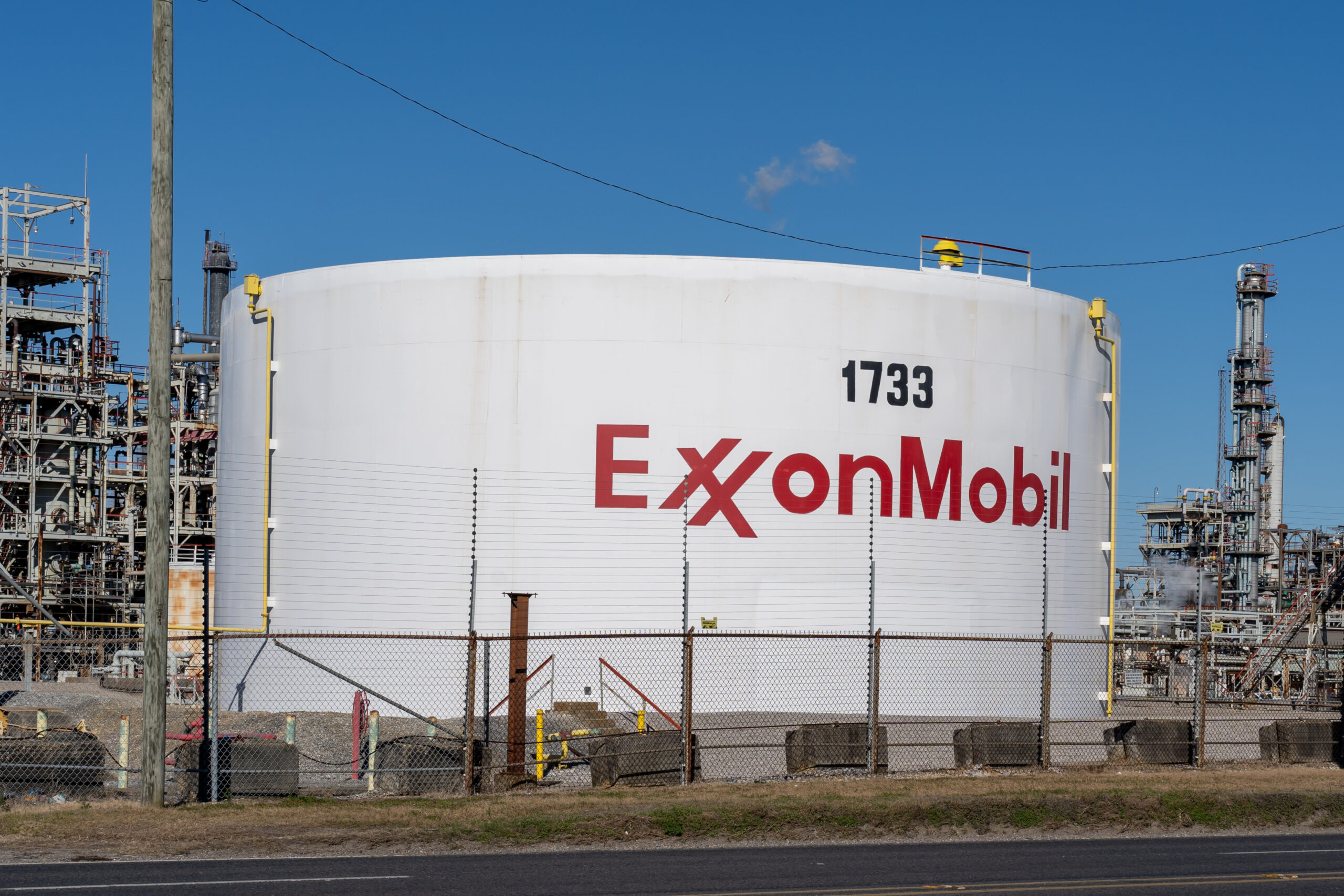Biden gives OK to Alaska LNG
The approval of a massive Alaska LNG project was met with outrage from climate groups. But the project has economic hurdles that raise questions about its viability.

The Biden administration recently approved a large Alaska LNG export terminal, the second approval of a massive fossil fuel project in the state in the last two months. The decision sparked outrage from climate groups and even members of Biden’s own party.
On April 14, the U.S. Department of Energy approved the Alaska LNG project, an authorization needed to export gas to countries with which the U.S. does not have a free-trade agreement. The approval reaffirmed a 2020 decision by the Department of Energy, which was contested by environmental groups.
The Alaska LNG project, backed by the quasi-state-owned Alaska Gasline Development Corporation (AGDC), would entail a gas treatment plant in Prudhoe Bay on Alaska’s north coast and a long-distance 1,287-km pipeline that would carry natural gas across the entire state to Alaska’s south coast. The pipeline would require eight compressor stations and a heater station along the way to keep the gas flowing. From there, a yet-to-be-constructed LNG export terminal would load gas for shipment overseas to Asia.

The new Alaska LNG pipeline’s trajectory. (Credit: Environmental Integrity Project “Oil & Gas Watch”)
The commercial premise is that Alaska’s close proximity to large Asian consumers, particularly Japan, gives it an edge over the high concentration of LNG export terminals on the Gulf Coast. But the cost of the project is enormous, currently estimated at $39 billion, raising questions about its viability. It has been under development for more than a decade, and is now backed by the Alaskan state-backed AGDC after international oil companies BP, ConocoPhillips, and ExxonMobil backed out in 2016.
According to a March 2023 presentation by AGDC, the project does not have any commercial contracts signed with any overseas buyers, although AGDC says talks are underway. The project would not come online until 2030 at the earliest.
“This order is terrific news for the Alaska LNG project. The Biden Administration has reaffirmed the authorization for and climate benefits of Alaska LNG, which will provide Alaskans and U.S. allies with a significant source of low-emissions, responsibly produced energy consistent with international environmental priorities,” AGDC President Frank Richards said in a statement.
The project has strong support from the government of Alaska. And at least some parts of the Biden administration are promoting it as well. In October 2022, U.S. Ambassador to Japan Rahm Emanuel hosted a summit in Tokyo for Alaska LNG, intended to drum up commercial interest in the project.
But many others saw it as another betrayal by the Biden administration, who continue to talk up the president’s dedication to fighting climate change while simultaneously approving large fossil fuel projects.
The approval comes just a few weeks after the Biden administration also approved the Willow project, a gargantuan $7 billion oil drilling project on Alaska’s north coast, backed by ConocoPhillips.
Prominent Democrats criticized the Biden administration. “Another massive fossil project from a president who promised to drive the transition to renewables! We have to lead by the power of our example—this is exactly the wrong example for the world!” Oregon Senator Jeff Merkley tweeted on April 17.
Climate groups say Alaska LNG could be an even larger “carbon bomb” than the Willow project. “Over its 30-year minimum lifespan, DOE’s own numbers confirm that the project will contribute over 2 billion tons of greenhouse gas emissions, which will undercut many of the gains the Biden administration has proposed to curb emissions, and could emit as much as ten times more carbon into the air than the massive Willow Project,” Moneen Nasmith, a Senior Attorney in Earthjustice’s National Climate, said in a statement.
“This administration cannot continue to approve these fossil fuel projects and say that it is taking the climate crisis seriously,” Nasmith said.



